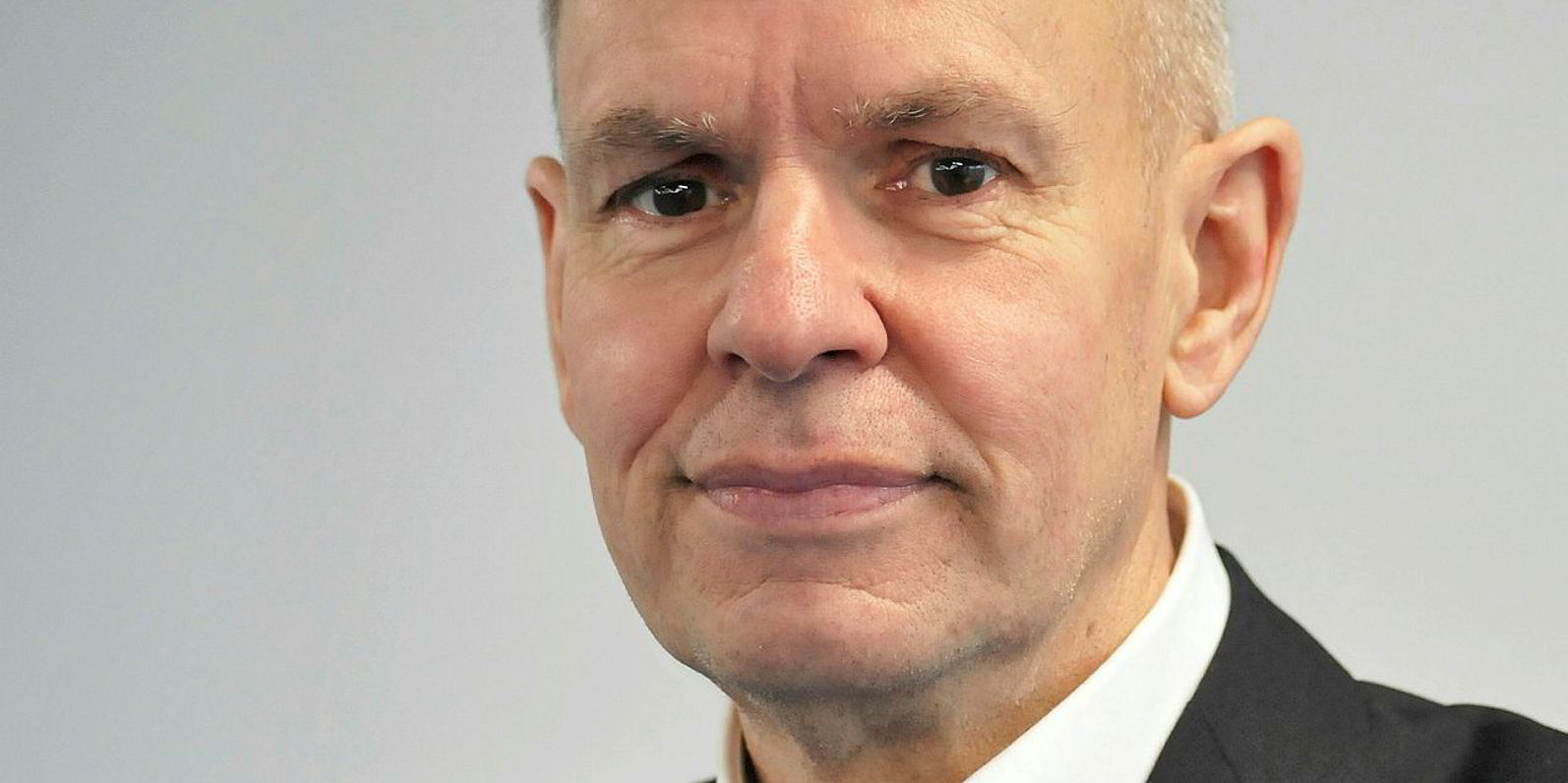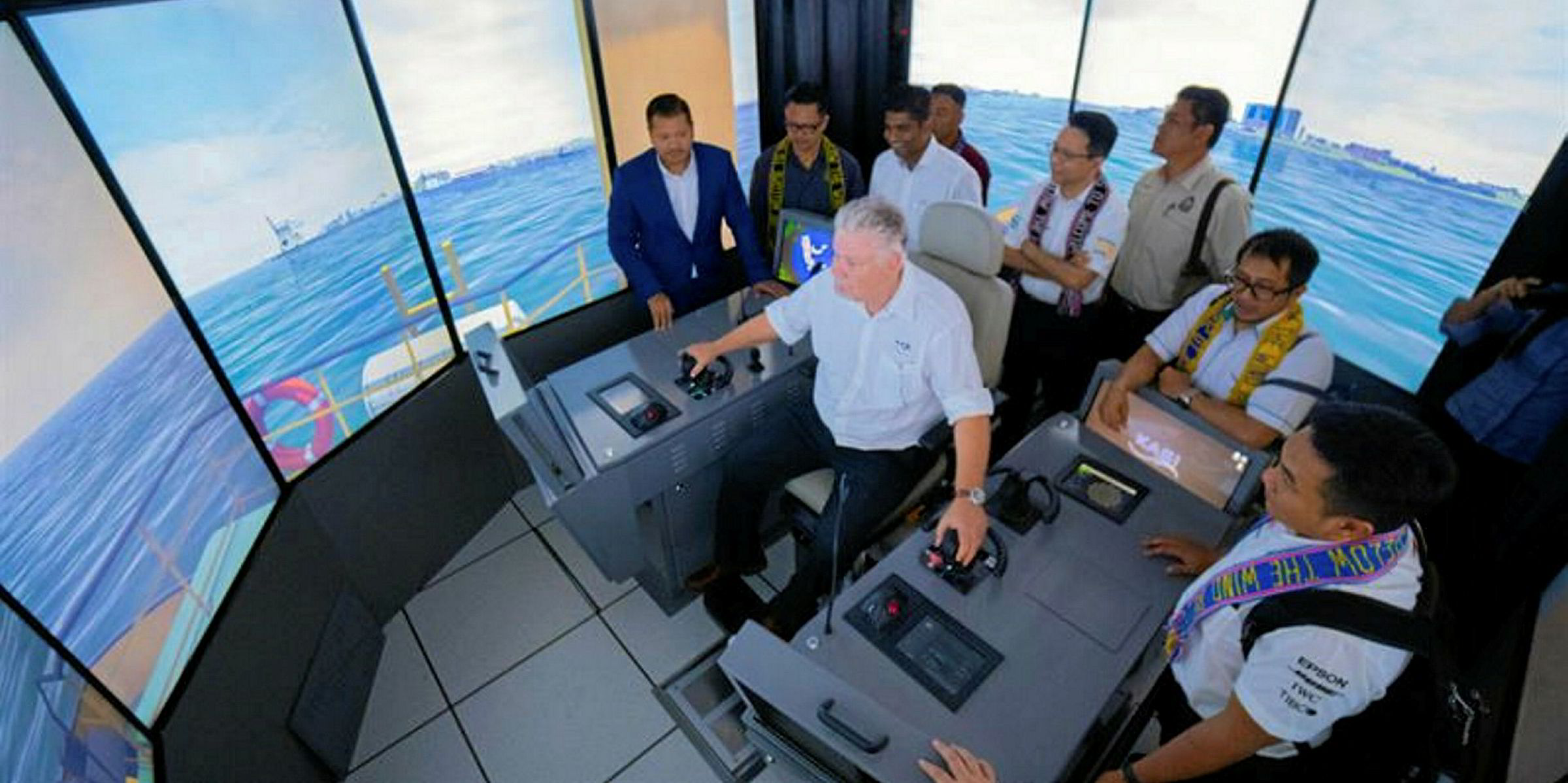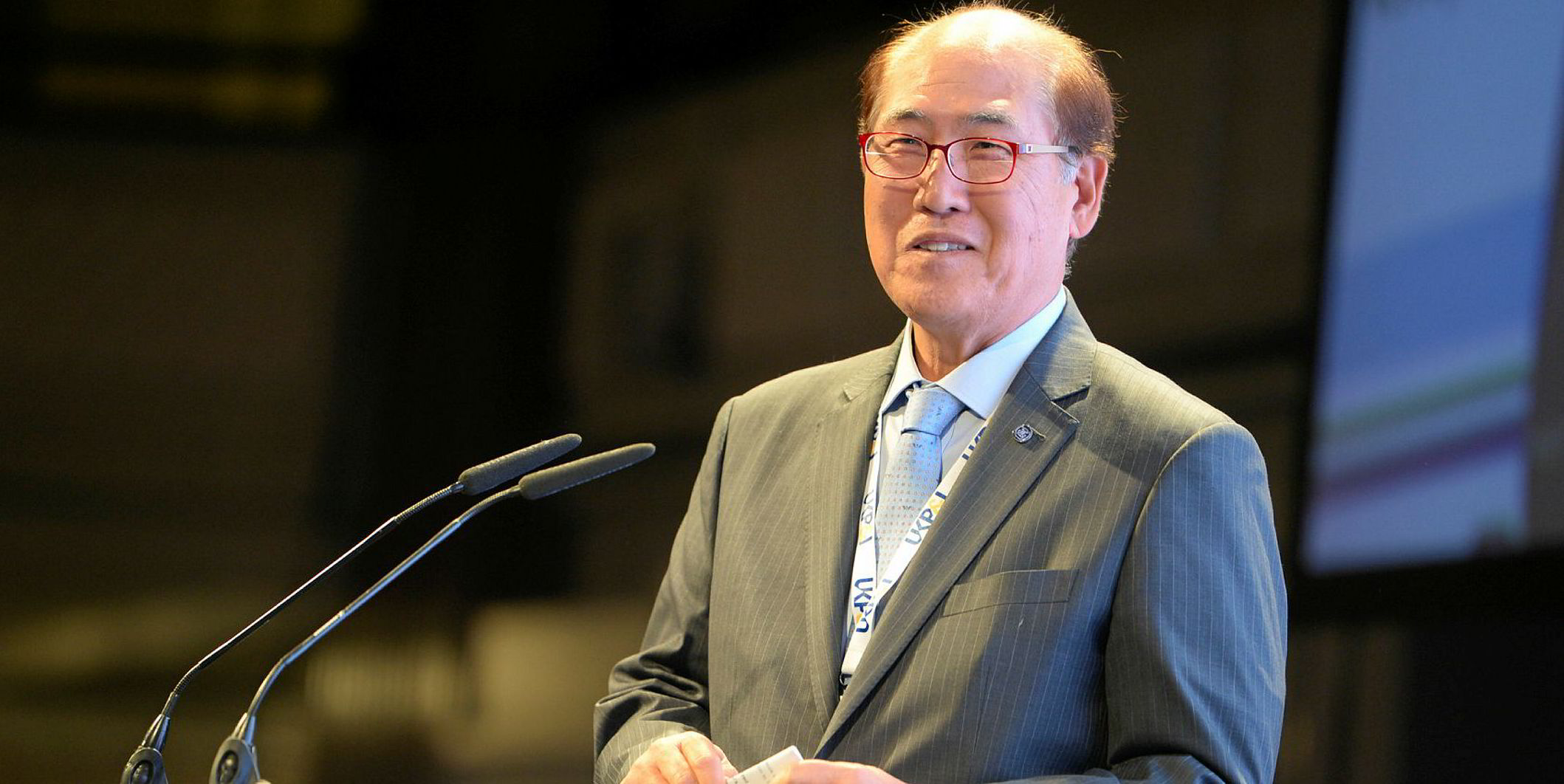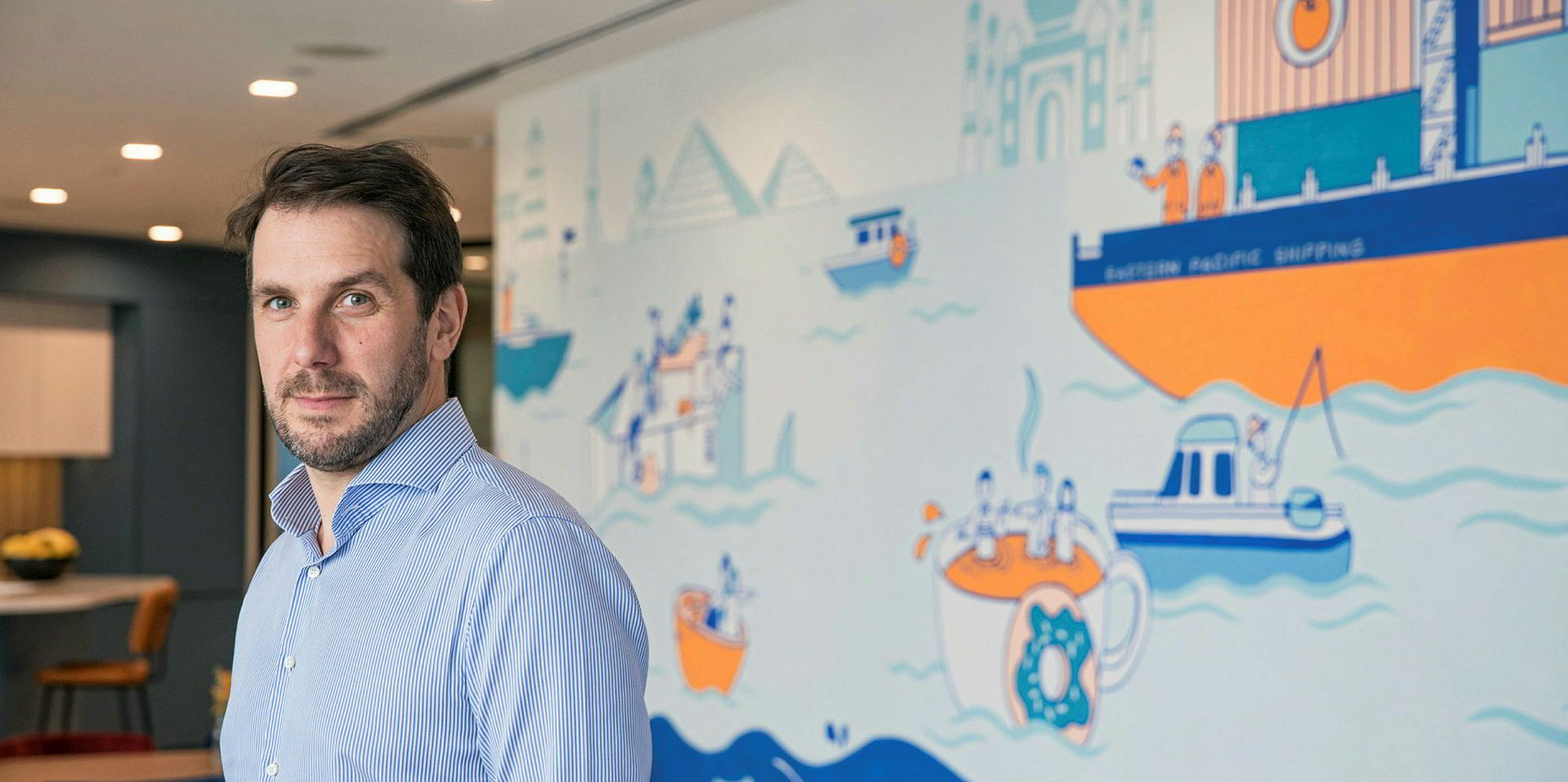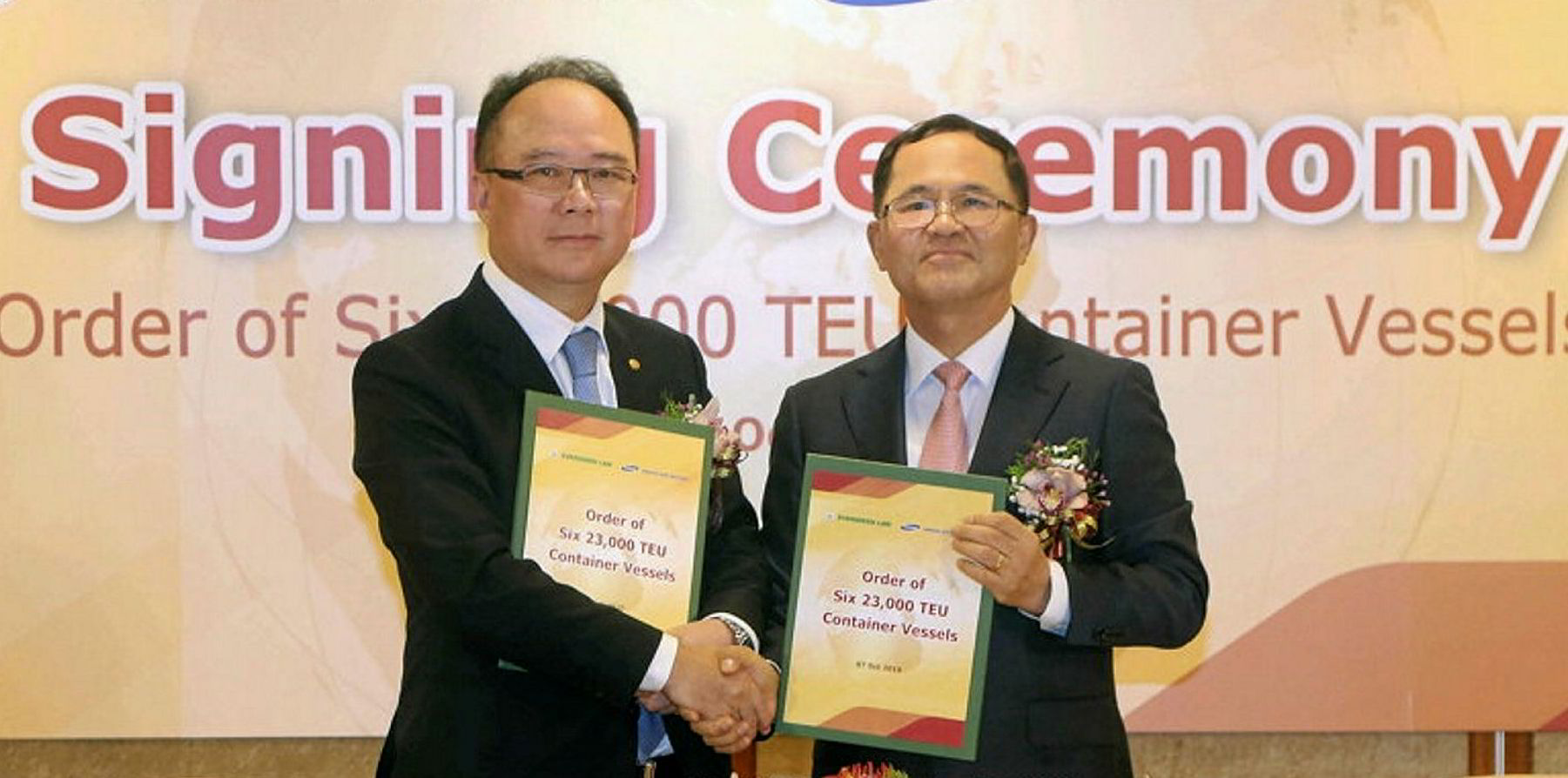Pressure in the maritime world to move into the era of cleaner fuels is building like steam in an old-fashioned kettle. You can hear the whistling going on all around — not least this week from top shipbroker Affinity berating the energy majors.
The Richard Fulford Smith-led broker is right. The big oil giants could do more to promote and support the use of LNG as a fuel for ships.
The energy groups have been trying to fend off attacks from environmentalists about their own slow pace of change in a decarbonising world.
All have trumpeted the importance of gas as a lower carbon fuel and are shifting their own production in that direction.
But why — as Affinity points out — are they not setting a better example by ordering more LNG-powered tonnage themselves?
“All of Shell, Exxon and Total have the theoretical newbuilding requirements for dual-fuel VLCCs but getting them to commit at numbers and for durations that make sense for the owners in the time needed for a newbuilding project is proving difficult or near impossible,” Affinity argued.
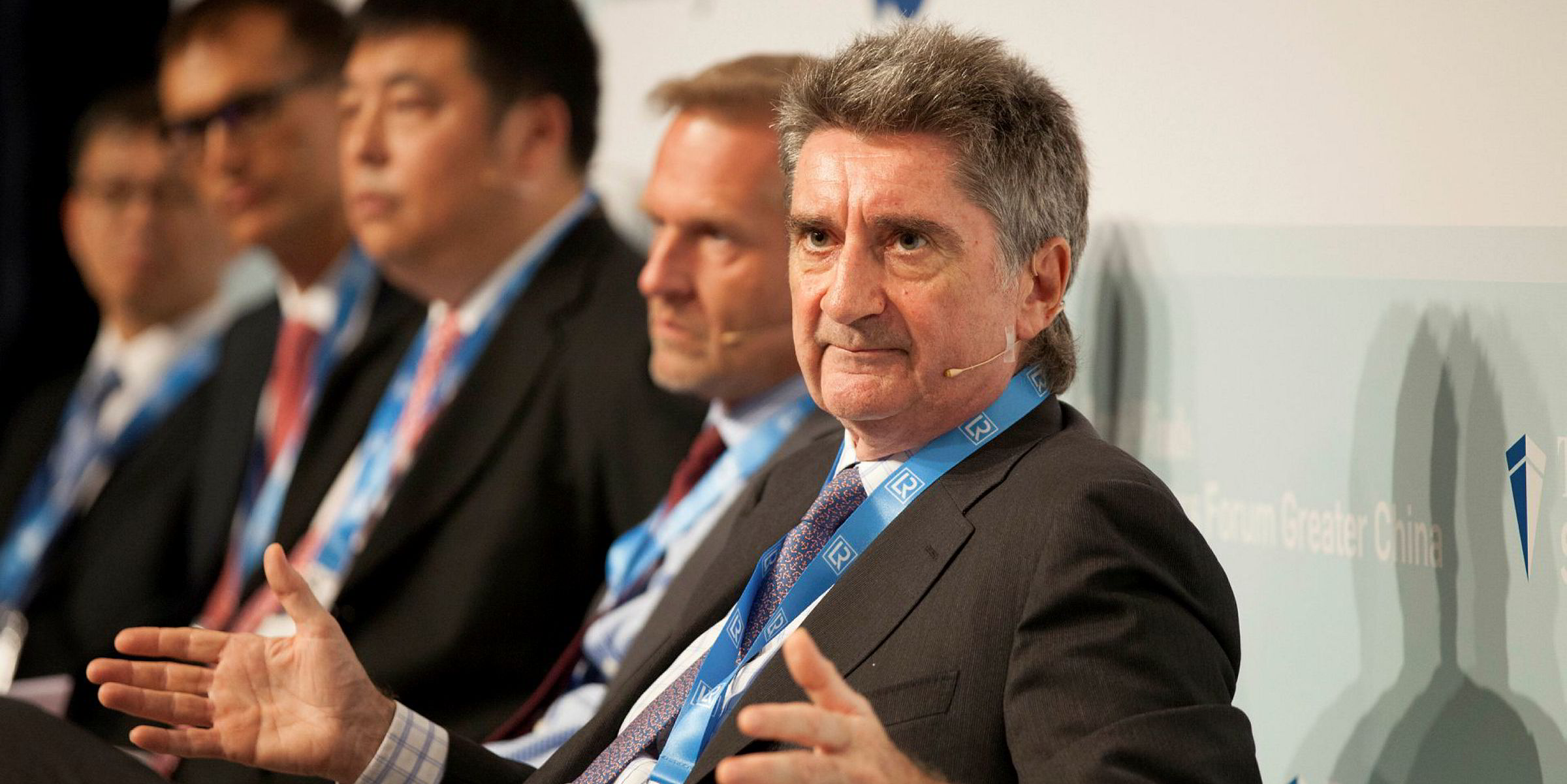
“If those end users, who tend to have a vested interest in LNG dual fuel as major LNG producers, want to keep the momentum building for dual fuel, they will need to provide practical support to buyers.”
Affinity’s apparent frustration burst out on the back of growing speculation that a leading Greek owner will play it safe and order one firm vessel, instead of several, in a deal whose options could include up to 14 LNG-fuelled VLCCs to perhaps one ship.
Capital Maritime order
Capital Maritime & Trading created excitement when TradeWinds reported the shipowner had signed a letter of intent with Hyundai Heavy Industries for an estimated $1.5bn fleet of gas-propelled tankers.
Affinity argues it is not surprising that Evangelos Marinakis-run Capital could be scaling back the firm vessels in its expected order for ships burning cleaner fuel. Why take the risk when others will not? There had been hopes companies such as Shell and Total would charter this tonnage.
To be fair, less than two months ago Shell Tankers in Singapore did agree to the long-term charter of 10 LNG dual-fuel aframax crude tankers from Sinokor Petrochemical for delivery from Samsung Heavy Industries in 2021. This follows on from four similar aframax tankers chartered by Shell International last year along with three LNG-powered supply vessels to support drilling operations in the US Gulf of Mexico.
Separately, Shell Tankers has agreed four new LNG-fuelled product tankers from institutional investors advised by JP Morgan. And the Anglo-Dutch oil major and Qatar Petroleum announced plans a few weeks ago to jointly invest in LNG marine fuelling, bunkering vessels and other infrastructure in key locations globally.
But shipowners have the jitters, even as they move to low-sulphur fuels mandated by the IMO.
Intercargo, the dry cargo body, admitted this week that 'nobody’s ready', three months ahead of the cleaner fuel standard being introduced on 1 January.
Intercargo, the dry cargo body, admitted this week that “nobody’s ready”, three months ahead of the cleaner fuel standard being introduced on 1 January.
The LNG debate has also become more complex as louder voices argue that using a “bridging” fuel such as LNG could slow down a wider move to zero-carbon propulsion via fuel cells or hydrogen.
And could a major swing to LNG lead to a major surge in gas prices, never mind concerns that future carbon pricing could hit LNG hard too?
Boil-off gas
But it makes sense in the first place to at least ensure that the 550-odd LNG carriers in the world are using boil-off gas from their containment tanks.
Oil major BP told me it was concentrating on taking delivery of six new gas carriers, which are configured to use boil-off gas.
Mining giant BHP has also been talking to shipowners such as Cosco and NYK Line about chartering possibly more than 10 large bulkers fuelled by LNG.
Rashpal Singh Bhatti, BHP’s maritime vice president, put the case eloquently for immediate action on clean bunkers using gas.
“While LNG may not be the sustainable fuel of choice for a zero-carbon future, we are not prepared to wait for a 100%-compliant solution if we know that ... we can make significant progress now," he said.
Still, Affinity is right to call for more urgency and publicity even as some oil companies are pushing hard. The LNG debate is anything but hot air.
